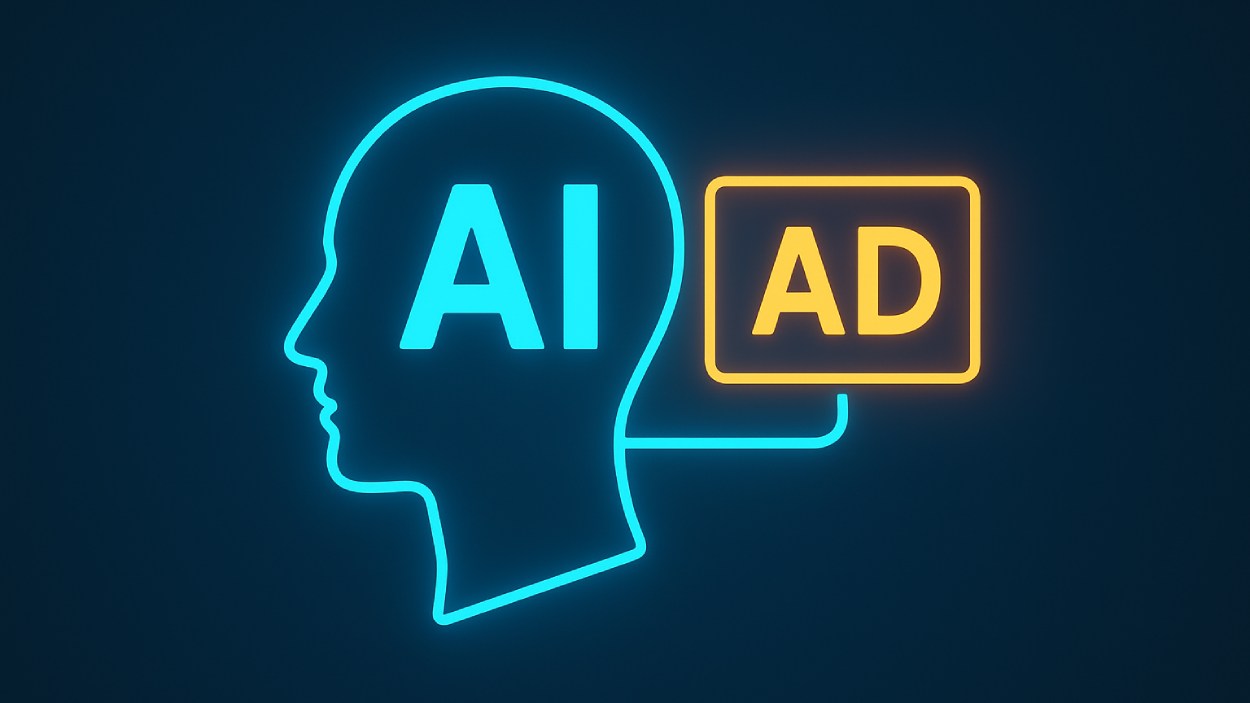Koah has raised $5 million to help AI app developers monetize through embedded and intent-based ads.
Quick Summary – TLDR:
- Koah secured $5 million in seed funding led by Forerunner, joined by South Park Commons and AppLovin co-founder Andrew Karam.
- The startup integrates ads inside AI-powered apps, offering contextual product or service suggestions during user interactions.
- Koah already works with apps like Luzia, Heal, Liner, and DeepAI, with advertisers including UpWork, Skillshare, and General Medicine.
- Early partners report a 7.5% clickthrough rate and earnings of $10,000 within the first 30 days, suggesting strong performance.
What Happened?
Koah, a US-based AI advertising startup, has raised $5 million in seed funding to develop its platform for embedding ads directly into AI apps. The funding round was led by Forerunner, with participation from South Park Commons and Andrew Karam, co-founder of AppLovin.
The company aims to reshape how ads work in AI environments by making them feel more like helpful suggestions than traditional interruptions.
One investor says Koah is “building the essential monetization layer for consumer AI.” https://t.co/JeqBixBZLO
— TechCrunch (@TechCrunch) September 7, 2025
Koah’s Mission: Monetization Through Relevance
Koah is betting big on the idea that AI apps will need new monetization strategies, especially those targeting users in regions where paid subscriptions are a tough sell. According to CEO Nic Baird, the company is not targeting ChatGPT or massive platforms but rather the “long tail” of apps built on top of large language models.
These include apps that are popular outside the United States, like in Latin America, where users might not be inclined or able to spend $20 a month on subscriptions. Despite lower willingness to pay, these apps still face the same inference and compute costs, creating a major profitability challenge.
Koah sees this gap as an opportunity.
Ads That Don’t Interrupt, but Assist
Instead of banners or pop-ups, Koah’s approach is to integrate ads seamlessly into the conversation flow of AI assistants. So if someone asks an AI for business tips, it might suggest a freelancer from UpWork, or if parenting advice is requested, the AI could mention a relevant sponsor’s service.
These ads are clearly marked as sponsored content and are designed to appear only when contextually appropriate. Koah is already live inside apps such as:
- Luzia (AI assistant)
- Heal (parenting app)
- Liner (student research tool)
- DeepAI (creative platform)
And their advertising partners include UpWork, Skillshare, and General Medicine.
Performance Speaks Volumes
Koah claims that its platform delivers clickthrough rates of 7.5%, which is four to five times higher than traditional adtech solutions like AdMob or AppLovin. In its early tests, some developers earned over $10,000 in just 30 days.
The company also states that these ads are less disruptive to user engagement. In fact, Baird believes the ultimate goal is to enhance user experience, making ads that are so relevant they feel like part of the solution rather than a distraction.
Building the Future of AI AdTech
Investor Nicole Johnson of Forerunner highlighted that monetization remains the “elephant in the room” for AI builders and investors. She noted that while subscriptions are the go-to model today, they also lead to user fatigue and churn. Ads, she believes, are an inevitable part of the future revenue mix.
“Koah is building the essential monetization layer for consumer AI services,” Johnson said via email to TechCrunch.
Baird added that AI chats often represent the middle of the purchase funnel – a place where users are gathering information but not yet ready to buy. Koah’s task is to capture that commercial intent and direct it in useful ways.
SQ Magazine Takeaway
Honestly, this is one of the smarter ways I’ve seen ads being introduced into tech in a while. Koah is not trying to ruin AI chats with in-your-face ads. Instead, they’re making the AI smarter by surfacing relevant suggestions only when it makes sense. As someone who uses AI tools daily, I’d much rather have useful recommendations pop up naturally than pay yet another monthly subscription. If Koah nails the balance between helpful and annoying, they could change how the world thinks about ads in AI.


































































